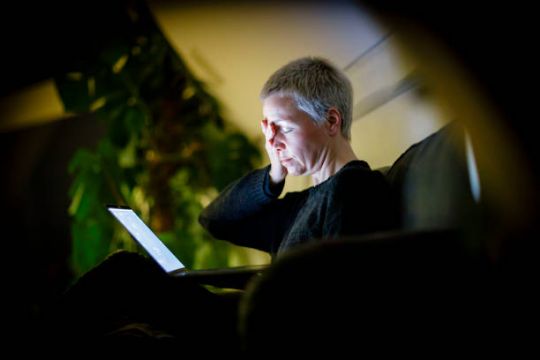Many people are currently “prisoners” of working from home, according to an expert in work practices.
Peter Cosgrove, managing director of Futurewise, said working from home was different from remote working and could be a lot more isolating.
He told Newstalk’s Pat Kenny show that working at home during the pandemic was the worst-case example of remote working, because at present people were trying to work with children and partners in the home which could cause stress and anxiety.
Some people were also working longer hours and finding it difficult to separate work from their home life. The opportunity to “decompress” after work on the commute home was also gone, he added.
Mr Cosgrove said that people needed to be more diligent about separating work from home life. They should shut down their laptop and put away work files so they were not in sight.
24/7 workforce
The work practices expert said there was a lot to recommend the practice of “asynchronisation”, which meant that people worked at the times that suited them.
This could open up the possibility of the 24/7 workforce, he said, but warned that companies should not make any significant changes post-pandemic and should pilot schemes and work out a happy medium for their staff.
“It’s all about flexibility,” he said.
Mr Cosgrove said a lot came down to companies trusting their staff. Productivity could be checked, but a major factor was for staff to know that they worked for a company where they were trusted.

Returning to the workplace was going to be difficult, he said. Some workplaces might require better air conditioning and more space to allow distancing, so interim measures for the next year could be required.
The reality of open plan workplaces meant that they would not work in the future for some businesses, he added.
A key question for businesses going forward would be what work were people doing from home and where did they work best, Mr Cosgrove said.
The future workplace would have to be a hybrid, he added. How people worked from home was their challenge, not that of their employer.







